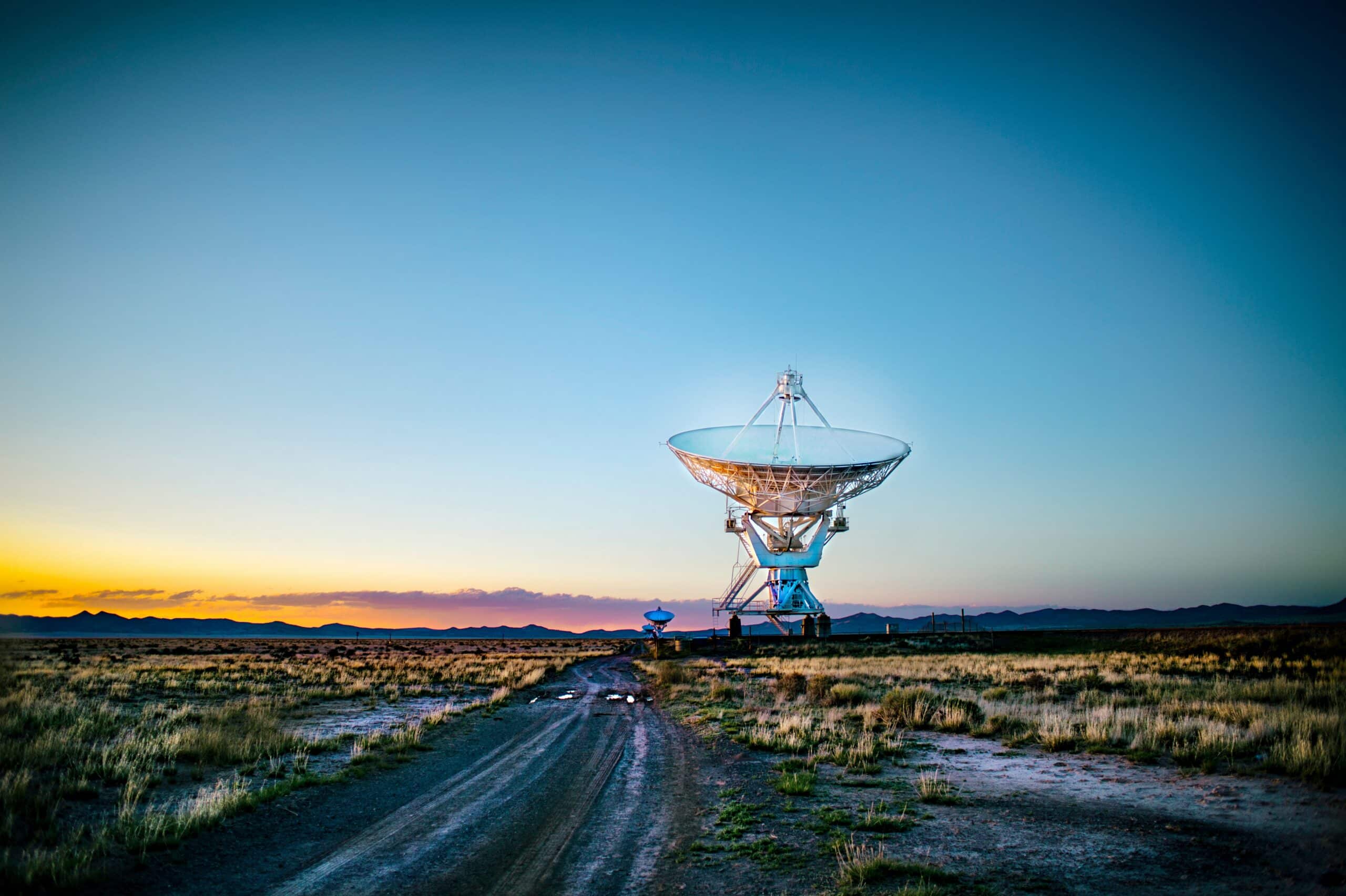Portugal and South Africa are partners in project to construct world’s largest radio telescope
Portugal is looking to strengthen its cooperation with South Africa in “various scientific areas,” Portugal’s secretary of state for science, Ana Paiva, told Lusa news agency this Thursday at the end of a two-day visit to Pretoria.
Describing the visit as “very positive”, the secretary of state said her time in South Africa allowed her to “understand the potential for cooperation in science and, therefore, in this sense, I leave here with the hope that more cooperation can be developed between Portugal and South Africa”.
Paiva added that “the potential for collaboration is very great” with the African country, the continent’s most developed economy, which last Wednesday elected a new parliament in the most contested elections in 30 years.
“We’re now going to work on a protocol that we hope will be signed, but it’s the start of a new collaboration protocol, I hope,” she said.
“It has been realised that there is potential here in the area of the oceans, in the area of biotechnology, in the area of energy as well, but it’s still premature to say that it’s in this area or that in particular,” said Ana Paiva, who was visiting South Africa for the first time.
As part of her visit, she had meetings with heads of several South African universities, as well as with the head of the South African Government’s Department of Science and Innovation, on Monday, with whom she also analysed the current partnership at the SKAO radio astronomy observatory, of which Portugal has been one of the founding countries since 2019.
“The meeting was very positive, from Portugal’s position as a founding member I think it was very important,” she added, stressing that “it is difficult to say exactly how this collaboration will continue”, and that the meeting served to analyse how it could be ensured.
Portugal is one of the founding members of the SKAO scientific megaproject, worth more than €300 million, which involves the construction of the world’s largest radio telescope, starting in December 2022 in South Africa’s Northern Cape province, where it is located in the Karoo desert.
Since 2019, several Portuguese institutions, scientists, and engineers have been involved in developing the radio telescope with 133 parabolic antennas.
The observatory has a global footprint, with South Africa sharing the radio telescope’s antennas with Australia.
The minister travelled to South Africa as part of Portugal’s June 10 national holiday.
Source: LUSA




















